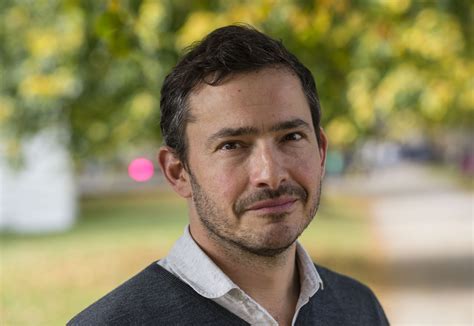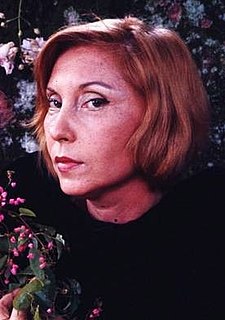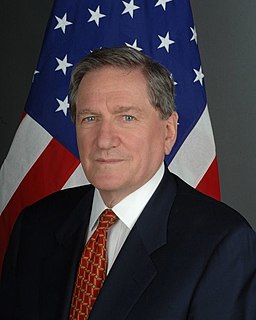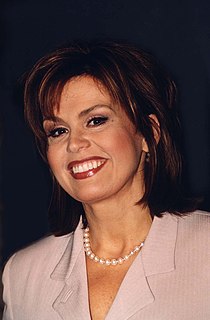A Quote by Wislawa Szymborska
I've reached the age of self-knowledge, so I don't know anything. People who claim that they know something are responsible for most of the fuss in the world.
Related Quotes
Under the discipline of unity, knowledge and morality come together. No longer can we have that paltry 'objective' knowledge so prized by the academic specialists. To know anything at all becomes a moral predicament. Aware that there is no such thing as a specialized effect, one becomes responsible for judgments as well as facts. Aware that as an agricultural scientist he had 'one great subject,' Sir Albert Howard could no longer ask, What can I do with what I know? without at the same time asking, How can I be responsible for what I know?
In a very real sense my science does inform my knowledge of God. If you would allow me to say that we never know God, because if I claim that I know God, I know something other than God, because God is not knowable, he is unknowable. So we have to approach it in that sense first, that my knowledge of God is always limited.
Ignorance of the law of irreducibility was no excuse. I could no longer excuse myself with the claim that I didn't know the law -- for knowledge of self and of the world is the law that, even though unattainable, cannot be broken, and no one can excuse himself by saying that he doesn't know it. . . . The renewed originality of the sin is this: I have to carry out my unknowing, I shall be sinning originally against life.
We read deeply for varied reasons, most of them familiar: that we cannot know enough people profoundly enough; that we need to know ourselves better; that we require knowledge, not just of self and others, but of the way things are. Yet the strongest, most authentic motive for deep reading…is the search for a difficult pleasure.





































